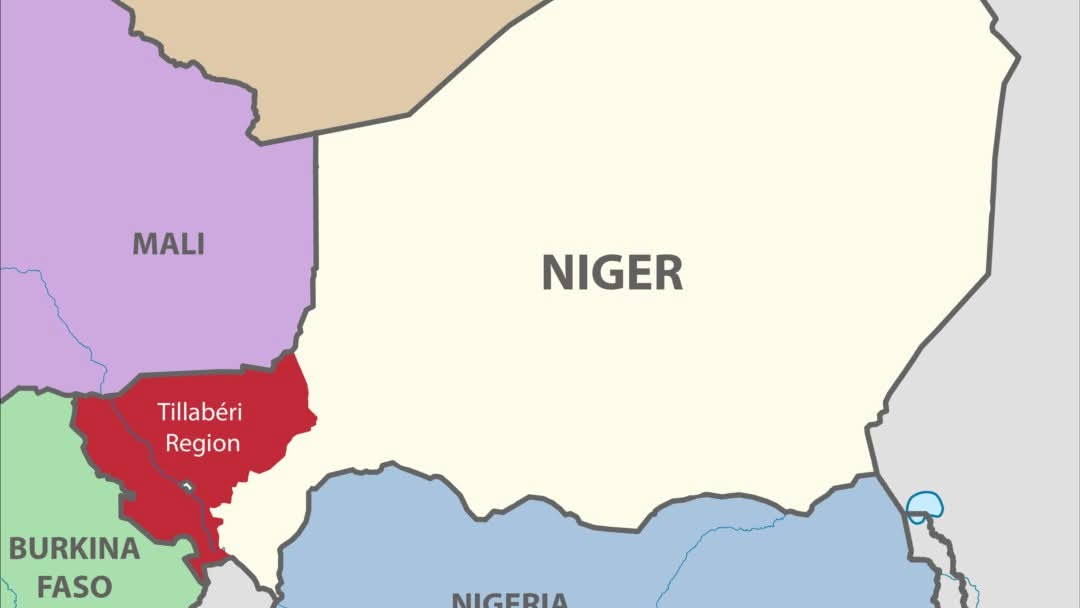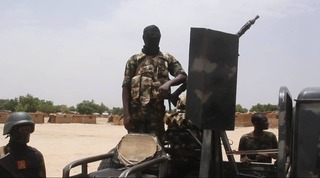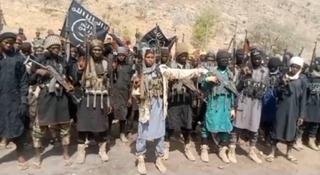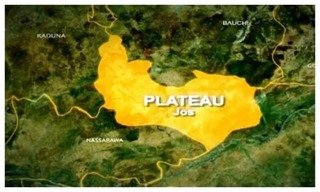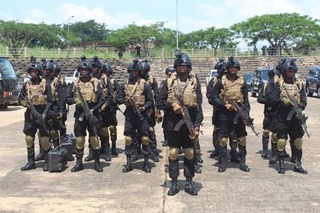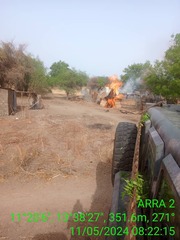TRAGIC SILENCE: NIGER FACES GRIM QUESTIONS OVER MISSING SOLDIERS IN TILLABERI
Tension continues to rise in Niger following the tragic disappearance of 132 soldiers from the National Guard in the troubled Tillaberi region, amid a near-total absence of official communication.
The soldiers, part of a Special Response Group (GIS) detachment, went missing after being deployed to the volatile Mangaïze-Tongo Tongo-Tiba axis near the Malian border an area long plagued by attacks from Islamic State in the Greater Sahara (EIGS) militants.
Military sources report that the soldiers had sent a distress alert on Saturday, April 20, 2025, following contact with heavily armed insurgents. Since then, communication has ceased, with only two traumatized survivors reportedly making their way back to base days later.
Local nomadic herders have since reported sighting numerous lifeless bodies along the patrol’s suspected route, deepening fears of a massacre. Despite mounting evidence and the growing anguish of families, the Nigerien military hierarchy has remained silent, fueling public outrage.
In a separate incident last Friday, April 25, 2025, another patrol was ambushed just outside Tillaberi city, resulting in the confirmed deaths of 12 National Guard personnel. The twin attacks underscore the increasingly fragile security situation in Niger’s western regions.
It was instructive to note that the silence from military and political authorities over the fate of the missing soldiers is unprecedented. No official statement, condolence, or acknowledgment of the tragedy has been issued, leaving families desperate for answers and stirring discontent within the ranks.
“This is not just a military loss. It is a national catastrophe,” said a security analyst based in Niamey. “The state cannot afford to remain silent in the face of such a massive loss of life. It dishonors the sacrifice of these men.”
In Tillaberi, Makalondi, Torodi, and other frontline communities, fear is palpable. Terrorist groups have reportedly expanded their control, cutting off key supply routes and isolating Niamey from its hinterlands. Movement in some areas has been paralyzed due to ongoing militant blockades.
Security experts warn that if the current trend continues, jihadist groups could move closer to their declared goal of encircling Niamey and destabilizing the heart of Niger.
In the absence of credible information, speculation and frustration grow. Soldiers and their families are reportedly expressing anger over what they perceive as abandonment by the country’s leadership.
Calls are mounting for the government to provide transparency regarding the missing soldiers, to honor their service, and to reassure a nation increasingly shaken by insecurity.
Analysts caution that failure to address the situation could further undermine troop morale and public confidence in the state's ability to govern and defend its citizens.
Niger has been grappling with worsening security challenges, particularly in its border regions with Mali and Burkina Faso, where jihadist groups continue to operate with impunity.
As of today, the fate of the missing 132 soldiers remains unknown.

